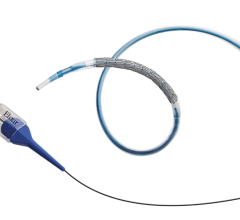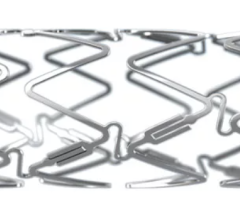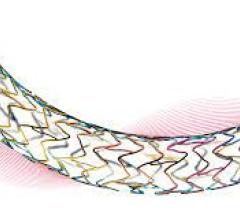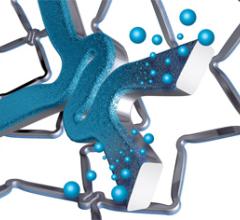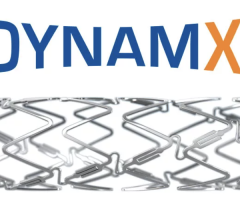May 11, 2007 — Northwestern University in Chicago has published results of a one-year study of roughly 5,500 patients who underwent angioplasty for the insertion of drug-eluting stents (DES) — it was found that nearly half of those patients did not fit the standard, approved indications for use set by the FDA.
Published in the May 9 issue of JAMA, the study observed that at the one-year mark, absolute event rates for the occurrences of complications associated with DES implantation, such as clotting and even death, were virtually no different from patients who received DES under the FDA's indications for approved use. Furthermore, states Northwestern, the study also demonstrated durable efficacy in preventing re-narrowing of the artery.
"We set out to systematically evaluate and compare the frequency of use, the safety and the effectiveness of drug-eluting stents in off-label and untested use versus standard use," said Nirat Beohar, MD, department of cardiology at Northwestern Memorial Hospital and assistant professor of medicine at Northwestern University's Feinberg School of Medicine. "Our results showed that patients are receiving stents that are either off-label or untested nearly half of the time. And, we were pleasantly surprised to learn that these patients fared just as well as those who received the stents under standard use."
For the purposes of the study, off-label use meant that patients received the DES although they did not meet approved indications, and untested stents were those where the safety and effectiveness of the DES had not been established for the applied use or treatment.
The study reviewed records for 7,752 percutaneous coronary intervention treated patients from 140 hospitals and medical centers. Roughly 90 percent of those patients received DES. Of that lot, 84 percent received DES and no other devices. It was then determined that roughly 95 percent, or 5,541, of those patients either received standard, off-label and untested use for DES, and it was this subgroup that was examined and followed for the purpose of this study. The research measured in-hospital, 30-day and one-year outcomes in an observational, prospective and multicenter registry.


 July 02, 2024
July 02, 2024 

